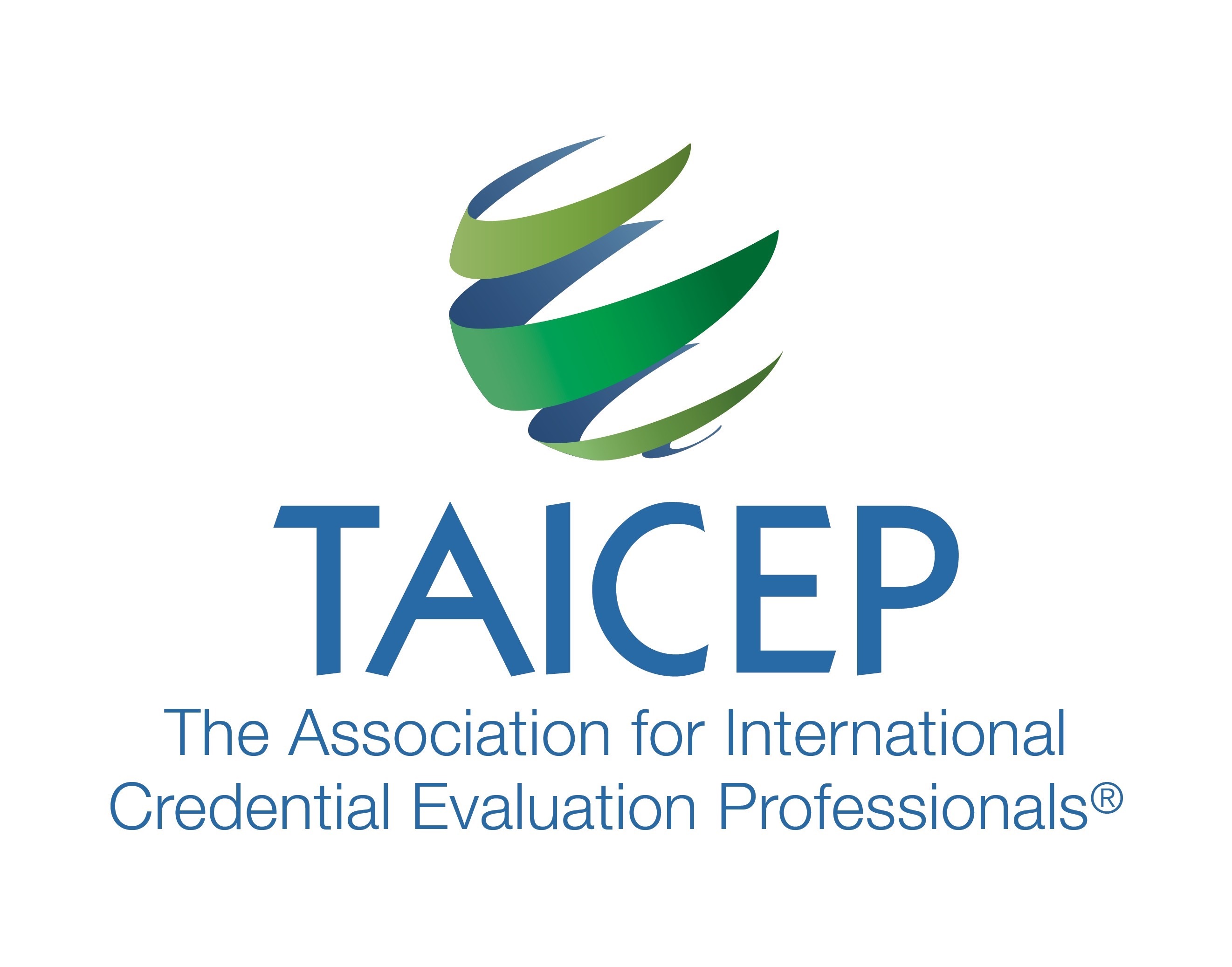Written by: Michel Bédard, Analyste en éducation internationale, Ministère de l’Immigration, de la Diversité et de l’Inclusion (Québec) and Sarah Ledwidge, Manager of Assessment and Research, ICAS International Credential Assessment Service of Canada (Ontario)
The Higher Education Sector
The Ministère de l’Enseignement supérieur et recherche scientifique of Bénin is responsible for the oversight of both public and private higher education institutions. There are four public universities and (as of 2015) more than fifty private higher education institutions offering degrees that were recognized and co-signed by the Ministère. An additional 168 institutions are authorized to offer programs leading the Brevet de technicien supérieur. There are also other institutions which are listed by the Ministère as in an ‘irregular situation’. The irregular institutes included those that were authorized to operate but are not functional, those operating without authorization, and those barred from offering health studies programs.
Recognition steps
The décret n°2001-161 du 03 mai 2001 outlined the general conditions required to create, open, and operate a PHEI. Additional conditions for the process of agrément and homologation were included in the décret n°2008-818 du 31 décembre 2008.
The decree outlines the three basic stages of recognition:
- l’ouverture
- l’agrément
- l’homologation des filières
The ouverture is a transitional stage which precedes the award of the agrément for specific programs. The initial stage normally lasts two years. The arrêté, which outlines the approval of an institution, specifies the type of institution (university, school, centre), the level of education, and the specific programs for which agrément has been awarded. The final stage, homologation des filières, authorizes the PHEI to award national titles and qualifications which are fully recognized.
Another step exists but has not been achieved by any PHEI. It’s the homologation of the complete institution, rather than the homologation of some of the programs.
Programs leading to national examinations are considered to be fully recognized on successful completion of the national examinations. This most commonly applies to the Brevet de technicien supérieur but now also to the Licence and Master awarded by PHEIs which are non-homologués.
The conditions for the recognition of qualifications awarded by PHEIs (for which national examinations are not conducted) are outlined in décret n° 2010-297 du 11 juin 2010.
The decree states that programs which, at the time of signing of decree of 2008, were recognized by CAMES were permitted to enter directly into the third stage of the recognition process. In practice, programs recognized by CAMES are considered to be fully recognized already. The référence d’homologation (whether it be through CAMES or through an arrêté issued by the Ministère) is specified in the list of recognized degrees published the Ministère.
As stated above, new national examinations are being introduced for the Licence and Master degrees from the PHEIs. While the text of the décret n° 2017-194 du 29 mars 2017 portant organisation des examens nationaux pour l’obtention du diplôme de Licence et de Master dans les établissements privés d’enseignement supérieur non homologués is not readily available on the internet, it seems now that the only way to have a recognized diploma after attending a PHEI is to successfully pass the national examination, as:
- The Ministère will not co-sign PHEI diplomas anymore (diplômes homologués)
- The national examination applies for the CAMES recognized diplomas as well
In 2017, the national Licence and Master examinations took place on the week of August 28th.
** Please see our further articles on the complex nature of recognition in French-speaking Africa and on the République démocratique du Congo in this edition. Look forward to articles on institution and program recognition in Cameroun and Côte d’Ivoire in an upcoming edition of the TAICEP Talk Newsletter.
Inside this edition:
President’s Welcome -January 2018 Newsletter
Committee Updates -January 2018 Newsletter
Organizational Structure Updates -January 2018 Newsletter
TAICEP Meet Your 2018-2019 Leadership Team -January 2018 Newsletter
Indian Diploma Programmes Awarded by State Boards for Technical Education -January 2018 Newsletter
Brief Primer on the American Territories -January 2018 Newsletter
Cambridge Advanced Coursework: An Introduction -January 2018 Newsletter
Secondary Credential Overview- Part I -January 2018 Newsletter
European Union General Data Protection Regulation -January 2018 Newsletter
Building a Resource Library, Part III -January 2018 Newsletter
Memoriam to David Millar -January 2018 Newsletter
TAICEP News -January 2018 Newsletter
Add to your Library -January 2018 Newsletter
Recent TAICEP Events January 2018 Newsletter
Upcoming TAICEP Events -January 2018 Newsletter
From the TAICEP Website -January 2018 Newsletter
Notes from the Field -January 2018 Newsletter

